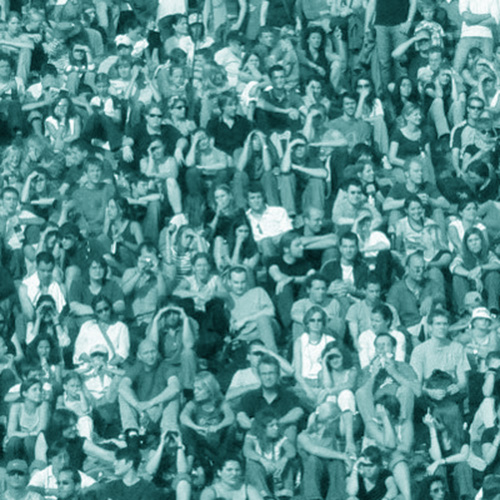Support groups
Support groups
Support groups from the Global North or the Global South usually consist of adults who declare their solidarity with the movements of working children and youth. When they work directly with the movements, they try to interact without pedagogical intentions and perceive children as "protogonists". This requires a rethinking of the traditional adult-child relationship.
Children as protagonists, adults as collaborators
Support groups are organisations, teams, initiatives or individuals who sympathise with the movements of working children. Often they act separately from the children's movements and try to build up structures which enable the children's movements to exchange information regionally, nationally and internationally.
Adults take on the role of collaboradores within the movements of working children and youth. Their function is that of a companion, mediator, adviser and supporter. They often inform children about their rights and provide them with rhetorical, organisational or medical skills. Ideally, they do not set the guidelines, concepts or framework conditions, nor do they impose any pedagogical intention on the children's movements. Relationships between adults and children are based on mutual respect, successful communication, equal rights and the experiences of all those involved. It is unmistakable that it is a balancing act not to abuse one's own position of power and the privileges which are socially attributed to adults: instead, these should be used in a supportive and solidary manner in the interests of the children. Depending on the form of the children's movement, adults are also assigned other or additional roles.
For the new role of children, the term "protagonismo infantil" ("protagonism of the child") was of central importance, especially in Latin America. It expresses the fact that children have their own identity as central, acting persons. Its three main components are the organisation of children, the participation of children and the freedom of expression of children. Protagonism means neither conducting this in a limiting framework nor letting children do everything alone. Rather, it means redefining the role of children in society and initiating a social process aimed at restructuring society in line with the primary interest of the child, with children and young people playing the leading role from beginning to end.
Below are some examples of the functions of local adult support organisations to illustrate their different roles:
- Contact points at the places where the children work and live
- Street schools
- Magazines and other media by and for children
- Mediation of "Life Skills
- Street theatre
- Crisis centres for children in emergency situations
- Emergency accommodation, open around the clock
- Pre- and post-operative health care
- Granting of microcredits
- Communal kitchens
- Work collectives
- Establishment of children's trade unions
- Further education and training e.g. on the computer
Supporting organisations in Europe (such as ProNATs e.V.) in turn try to communicate the experiences, ideas, concerns and demands of children's movements to the public. In a way, they form a "lobby" for this group which is underrepresented in the Global North and marginalised in the Global South. They draw the attention of international organisations and NGOs to the importance of a serious participation of children. They form forums and build international platforms for exchange among the individual children's movements.
Related pages
Updated: 14.12.2020
